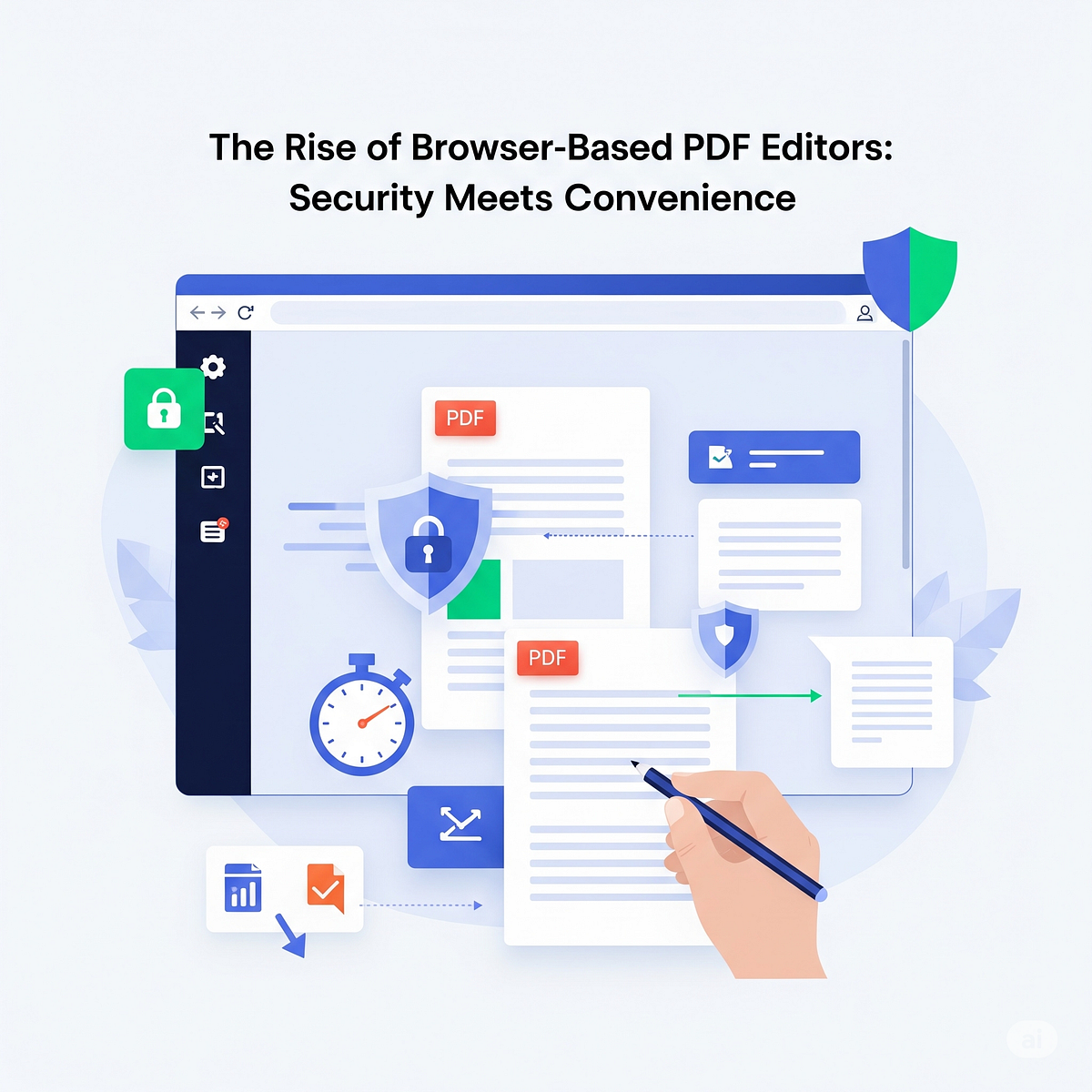Medium
3w
269

Image Credit: Medium
The Security Risks of Using Online PDF Tools
- PDF editing can pose security risks, particularly with online tools that require document uploads to servers.
- Desktop software and mobile apps used for editing PDFs can also compromise privacy by collecting usage data and document content.
- Secure PDF editing is best done locally on your device to avoid data exposure.
- Modern browser-based tools like One23PDF allow for document processing without uploading files to servers.
- Choose tools that explicitly state 'no upload to servers' and prefer HTTPS-protected websites for security.
- Ensure tools have clear privacy statements and consider using private browsing mode for sensitive documents.
- Privacy-focused PDF editing tools are essential for specific industries like healthcare, legal, finance, and education to comply with regulations.
- Always be cautious of free services that may use your document data for purposes like advertising or AI training.
- Avoid uploading multiple sensitive documents to online services simultaneously to minimize risks.
- Clear your browser's download history after working with confidential documents and research the privacy policies of PDF editing tools.
- Implement secure alternatives like One23PDF's privacy-focused tools and educate users about the importance of secure document handling.
- It is crucial to prioritize security and privacy in PDF editing practices given the tightening regulations and evolving cyber threats.
- Secure PDF editing is not an option but a necessity to protect documents and clients' privacy.
- Begin securing your PDF workflow without delay to ensure complete privacy protection for your documents and clients.
Read Full Article
16 Likes
For uninterrupted reading, download the app